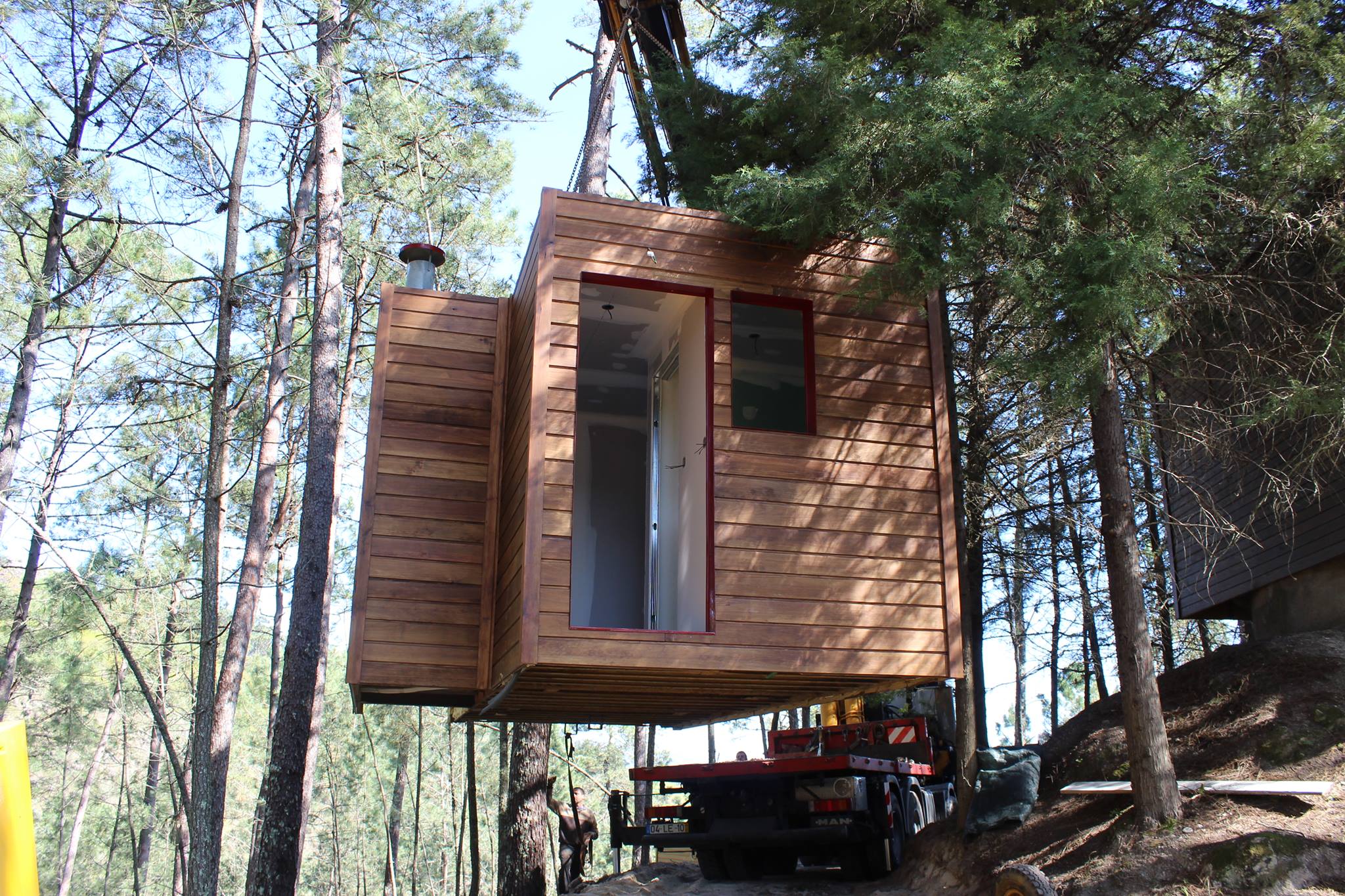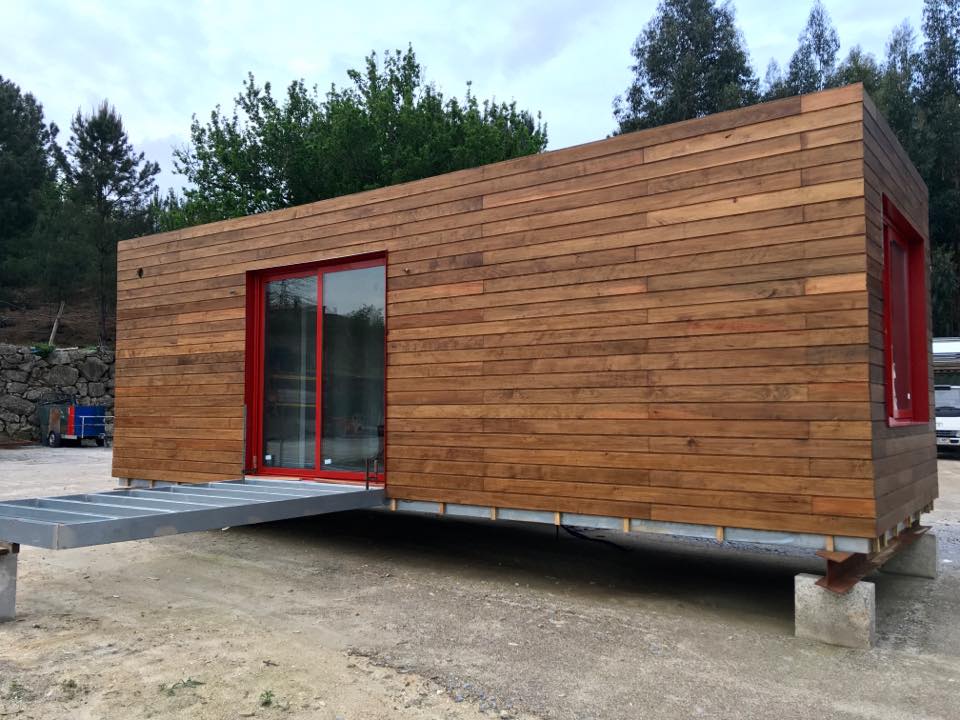The main challenges “have to do with an industrial fabric that is still poorly prepared to respond technologically to the needs associated with the production of modular solutions”, in the opinion of architect Samuel Gonçalves. From a regulatory point of view, he mentions “the same obstacles that affect any type of construction in Portugal: an excessive, complex and often contradictory regulatory framework, and a Kafkaesque tendency in some public administration bodies, which often arbitrarily and even illegally reject and delay licensing processes ad aeternum“.

Manuel Reis Campos defends the need for greater “investment in infrastructure and technology, in the construction and modernisation of prefabrication factories, in the development of new materials and construction techniques, as well as in the implementation of automation systems and the digitalisation of production processes”. In addition, he says, it is necessary to invest in training and professional qualification programmes to train workers in the sector to be ready for this new construction model. But that’s not all. He highlights the role that the government must play in encouraging industrialised construction, “by implementing incentives and public policies, creating specific lines of financing, defining clear rules and regulations that encourage the adoption of industrialised construction, as well as promoting pilot projects”.
In order for the construction of industrialised homes to reach mass production capacity, there needs to be “significant investment in advanced technologies, modern equipment and adequate infrastructure to support mass production, such as well-equipped factories, automated production lines and efficient logistics systems”, as well as being able to “ensure that workers have the necessary skills to operate modern equipment and follow quality standards”.
 Reis Campos concorda que um dos principais desafios regulamentares dos novos métodos construtivos está relacionado com o facto de muitas normas e procedimentos existentes terem sido desenvolvidos com base na construção tradicional, “o que pode criar dificuldades às empresas promotoras”. “Com efeito, uma vez que estas construções estão sujeitas a licenciamento, comunicação prévia ou isenção, na mesma medida que qualquer outra operação urbanística, há que garantir uma constante atualização e simplificação dos procedimentos administrativos, de modo a viabilizar a implementação de projetos de construção modular, ao mesmo tempo que se garante a sua conformidade com as normas e regulamentos aplicáveis”, sustenta o presidente da CPCI e da AICCOPN.
Reis Campos concorda que um dos principais desafios regulamentares dos novos métodos construtivos está relacionado com o facto de muitas normas e procedimentos existentes terem sido desenvolvidos com base na construção tradicional, “o que pode criar dificuldades às empresas promotoras”. “Com efeito, uma vez que estas construções estão sujeitas a licenciamento, comunicação prévia ou isenção, na mesma medida que qualquer outra operação urbanística, há que garantir uma constante atualização e simplificação dos procedimentos administrativos, de modo a viabilizar a implementação de projetos de construção modular, ao mesmo tempo que se garante a sua conformidade com as normas e regulamentos aplicáveis”, sustenta o presidente da CPCI e da AICCOPN.




